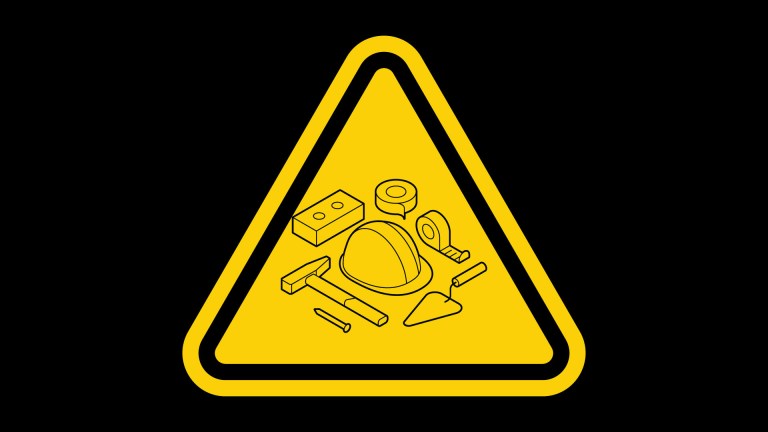Three in four women of colour have endured racism at work and one in four have been exposed to or been called racial slurs, according to a new study highlighting entrenched racism in British workplaces.
The findings come from a new report from leading gender equality organisation The Fawcett Society and race equality think-tank The Runnymede Trust that documents the varying experiences of women from different ethnic minority groups and religions across the UK.
Dr Halima Begum, CEO, Runnymede Trust, said the findings revealed the “structural racism” faced by women of colour from school to the workplace that prevent them from achieving the opportunities they deserve.
Begum described the “mental gymnastics of constantly code switching”, which can involve changing your mannerisms, appearance, language to “fit in” at work.
The research found that 61 per cent of women of colour reported changing one or more key aspect of their identity to feel more accepted at work, compared with 44 per cent of white women. More than a quarter of women of colour say they had changed their hairstyle or the food bring to work, and one in five had even changed their name.
“Women of colour are being forced to hide their identity in workplaces across the UK; things like changing their hairstyle or what they eat, just to try and conform. What a waste of those women’s time and energy – we need workplaces that respect and celebrate everyone’s individuality and allow women to focus on bringing their talents into the workforce,” said Jemima Olchawksi, CEO, Fawcett Society.










